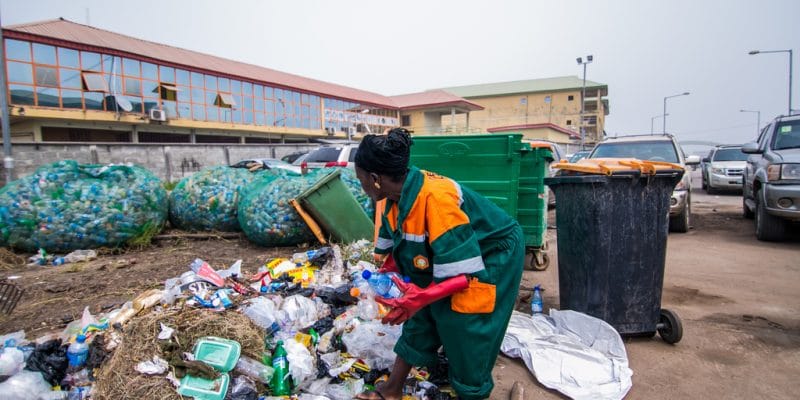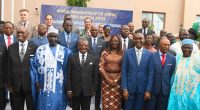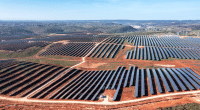In Nigeria, a new technological solution called "Wura" allows people to avoid waste in favor of recycling. This mobile application created by the entrepreneur Damilola Kadiri adds to the many initiatives implemented in the fight against environmental pollution in this West African country.
“The idea is to change the behavior of people in Nigeria to be more respectful of the environment. This is how Nigerian entrepreneur Damilola Kadiri defines the mobile application he just launched to raise awareness about waste recycling. The platform allows users to upload their items such as clothes, books, shoes or jewelry for free for possible reuse.
The “Wura” application already has 354 subscribers who receive real-time information on the reduction of carbon dioxide (CO2) emissions when they dispose of their items responsibly. “All items are free, a profile picture is required to complete a transaction, appointments for exchanges must take place in a public place. Right now, we are looking to increase the number of registrations and transactions on the app. Later on, we intend to promote sustainable businesses that can also generate profits for us,” says the Wura developer.
Read also:NIGERIA: Freetown Waste recycles used tires for flooring, and it works
According to the World Economic Forum, Nigeria discharges an average of 200,000 tons of plastic waste into the ocean per year. In this context, the Nigerian government obtained in early 2022 a funding from Japan and the United Nations Industrial Development Organization (UNIDO) worth 319 million yen (about 2.8 million dollars) for the implementation of sustainable plastic waste management projects at the national level and the strengthening of recycling value chains in local states, especially in the fight against marine pollution attributed to plastic waste.
Benoit-Ivan Wansi







